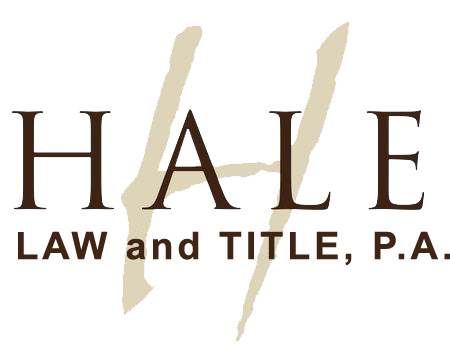As we navigate the complexities of life, it's easy to put off one of the most important decisions we can make for our loved ones: planning for the future. Estate planning, while often viewed as a daunting and uncomfortable task, is a crucial step in ensuring that our hard-earned legacy is protected and passed on to those who matter most. Without a comprehensive plan in place, your family's future may be left uncertain, and your wishes may not be respected. In Fort Myers, where the sun-kissed beaches and vibrant community make it a desirable place to live and retire, it's essential to take control of your estate planning to ensure peace of mind for yourself and your loved ones.
Understanding the Importance of Estate Planning
Estate planning is not just about preparing for the inevitable, it's about ensuring that your loved ones are protected and cared for, even when you're no longer around. It's about having control over how your assets are distributed, and who will make important decisions on your behalf. Without a comprehensive estate plan, your family may be left to navigate a complex and often contentious legal process, which can lead to confusion, conflict, and even financial loss. By taking the time to plan your estate, you can avoid these potential pitfalls and ensure that your wishes are respected. Estate planning is not just for the wealthy or the elderly, it's for anyone who wants to ensure that their legacy is protected and their loved ones are taken care of. It's a way to show your family that you care about their well-being, and that you're committed to providing for them, even after you're gone.
Key Components of a Comprehensive Estate Plan
A comprehensive estate plan is a thoughtful and deliberate arrangement of your assets, ensuring that your loved ones are protected and your wishes are respected, even after you're gone. It's a roadmap that guides your family through the complexities of inheritance, minimizing confusion and potential conflict. At its core, a comprehensive estate plan consists of several key components that work together to provide a seamless transition of your legacy. These components include a Last Will and Testament, which outlines the distribution of your assets and appoints an executor to carry out your wishes. A Living Will, also known as a Healthcare Directive, ensures that your medical preferences are respected in the event of incapacitation. A Durable Power of Attorney designates a trusted individual to manage your financial affairs, should you become unable to do so. Additionally, a Trust can be used to protect and manage assets, reduce estate taxes, and provide for the care of minor children or loved ones with special needs. By incorporating these essential components, a comprehensive estate plan provides a sense of security and peace of mind, knowing that your legacy is protected and your loved ones are cared for.
Navigating Probate and Trusts in Fort Myers
Navigating the complex world of probate and trusts in Fort Myers can be a daunting task, especially for those who are unfamiliar with the legal landscape. Probate, the process of distributing a deceased person's assets according to their will, can be a lengthy and costly endeavor, often leaving loved ones feeling frustrated and overwhelmed. Meanwhile, trusts, which allow individuals to pass assets to beneficiaries without going through probate, can be equally perplexing, with their own set of rules and regulations. In Fort Myers, where the subtropical climate and beautiful beaches attract retirees and families alike, it's essential to understand the intricacies of probate and trusts to ensure that your legacy is protected and your wishes are respected. By working with an experienced estate planning attorney, you can navigate the complexities of probate and trusts, avoiding costly mistakes and ensuring that your assets are distributed according to your wishes. With the right guidance, you can rest assured that your loved ones will be protected and your legacy will endure.
Common Estate Planning Mistakes to Avoid
When it comes to estate planning, even the most well-intentioned individuals can make costly mistakes that can have long-lasting consequences for their loved ones. Unfortunately, these mistakes can lead to family feuds, unnecessary legal battles, and even the loss of hard-earned assets. One of the most common mistakes is procrastination - putting off the estate planning process until it's too late. Others include failing to update beneficiary designations, not considering the potential impact of taxes, and neglecting to establish a clear plan for incapacity. Additionally, not having a comprehensive plan in place can lead to a loss of control over who inherits your assets, and even result in the state making decisions on your behalf. By understanding these common mistakes, you can take proactive steps to avoid them and ensure that your legacy is protected and your wishes are respected.

